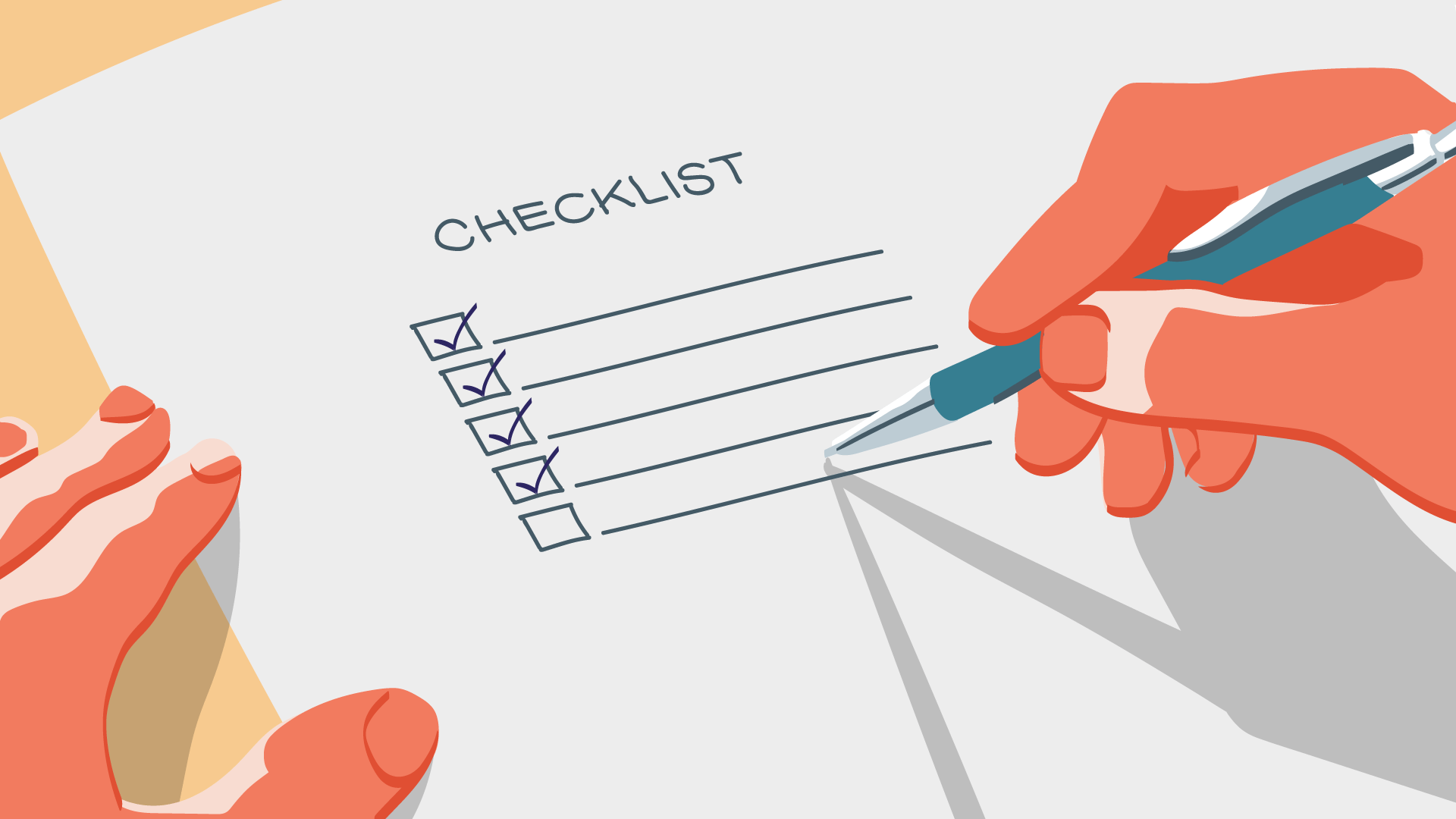In 2016, investors poured €1.07 billion into Berlin based startups. With a long-standing reputation for independent art, music and fashion and the establishment of Silicon Alley and incubation hubs, there are opportunities for independent creators and experts from a diverse range of professional backgrounds. In the wake of Brexit, many agencies and multinational businesses are looking for new European bases, for which Berlin seems perfect for many. Combine that with a relatively low cost of living and one of the most talked about nightlife scenes in Europe, it’s not surprise so many independent creators are flocking to Germany to get a piece of this rich, layered cake. By the way, Germans do great cake. In case you needed another reason to be convinced.
Before you pack your 40kg and join a Free Your Stuff group, there are some things you need to know about being an expat freelancer, and it is best to know them before you begin any process. That includes the Holy Trinity: Registering as a Freelancer, Health Insurance and Visas. We will touch on this later in the article, but for the sake of knowing just how to approach the formidable nuances of doing business in Germany, we are going to look at the most important information you need to have before you make any steps towards establishing yourself. This is because much of what is required of you, how your work is classified and the way your taxation works is substantially different to most other nations. Not in the broader sense, but, in the details and nuances. While it may be confusing at first, this information becomes entirely relevant when one is trying to find logic in the piles of paperwork you’ll face, as what is asked of you makes total sense - knowing what you know. Of course, if you have a unique situation or in general would prefer, it is recommended you find a professional consultant to assist you along the way. Right, let’s start at the tip of the Gewerbe -berg.
Assessing which kind of freelancer you’ll be for tax and visa purposes
Unlike many other countries outside of Europe, and some within, defining what kind of ‘freelancer’ you are is a crucial point to consider. This is because it will impact the kind of visa you will (can) apply for, and the type and method of taxes you’ll be expected to adhere to. On the surface, it could be hard to assess which of the two categories you fit with best due to a very ‘umbrella’ approach to the definitions, however, here they are and here are how they are defined - and hopefully that answer is quite clear. In Germany, you can either be a ‘Freelancer’ which is know as Freiberuflich in Deutsch (the language you should start learning, ha!). Alternatively, your work type could fall under Tradesperson or Business, or Gewerbetreibende.
If you are to become a Freiberufler , you will likely have a profession career or aspirations as an academic, educator or offering creative services; such as web design, graphic design, writing, journalists and even the performing arts. It can even apply to upper echelon career fields such as medicine or law, however, these professions will ask for a lot of verification, be prepared. One of the most beneficial components of becoming a Freiberufler is that you are not technically registering a business and that can save hours of time understanding, compiling and submitting information. In the future, it will also impact the amount of what you need to produce for the Ausländerbehörde . For example, the financial plans you submit or the tax documents required for extensions.



